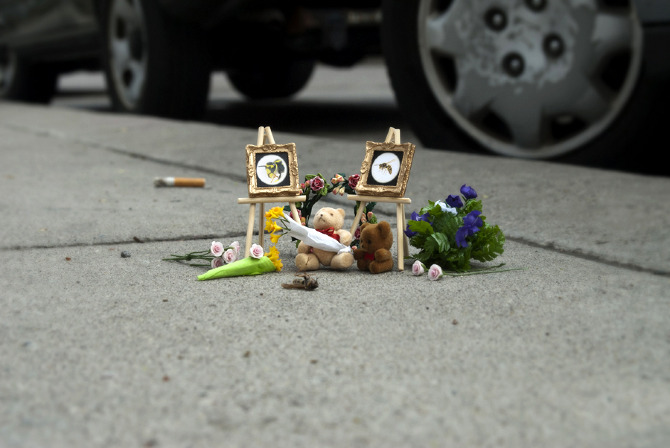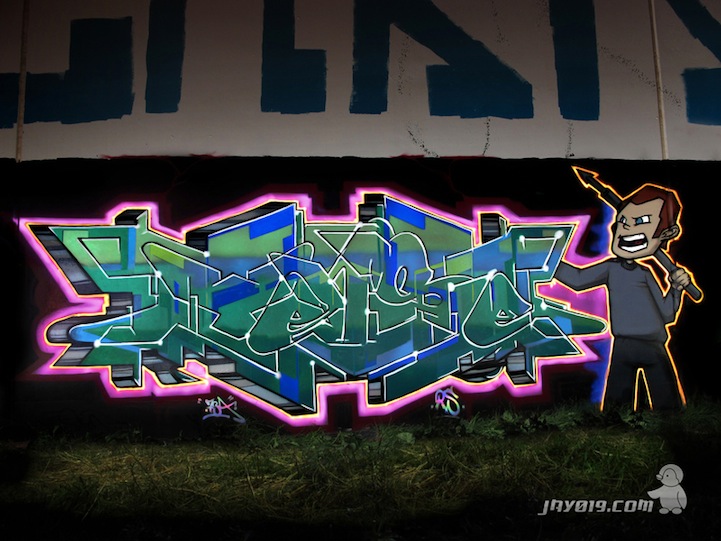Next time you're having a mental breakdown and need someone to understand, why not reach out to your stuffed animal for a caring, helping hand? Created by German Martin Kittsteiner, these toys cost $38 each which may be a bit pricey but if you compare that to an hour with your therapist, why they're a steal! You can choose from a range of cute characters like depressed Dub, rattled Sly, hallucinating Kroko, ADD Lilo and, our favorite, bipolar Dolly. Bipolar Dolly

The patient seems to temporarily suffer from the delusion that she is a wolf despite the fact that she is without a doubt a sheep. The unexpectedly strong exhibition of the repressed identity completely overstrains her. Hysterical, psychotic defence reactions underline the fundamental threat which points at negative experiences and resulting fragmentation processes. In this state, the patient is unable to accept herself as a plush animal. Rattled Sly

The patient's inner conflict must be interpreted as a sign of an ambivalent relationships towards its own body. Combined with the fascination of an apparently much more potent-seeming substitute rattle, we suspect the manifestation of a deeply rooted rattle complex. Of course, the enclosed substitute rattle should not be in use on a permanent basis and should only serve as a transitional object. Depressed Dub

Being an animal more accustomed to a relaxed pace, life in the fast lane has caught up with our patient, sending him into a deep depression. Can you help him to come out of his shell once more and enjoy life on the outside? Help Dub to rediscover life – slowly this time! Hallucinating Kroko

The patient's hypersensitive hallucinatory perception is a symptom of a paranoid psychosis. The signs are a mental block and a Gestaltzerfall (disintegration of structure) of the habitual field of experience. The consequence is a compensational reactivation of archaic reaction patterns. The patient needs your help! ADD Lilo

The patient has been trying to solve a wooden jigsaw puzzle for the past few months without success. He is so absorbed in this repetitive activity that he is unaware of his surroundings most of the time. Ever since his disorder has begun, the patient hasn't talked to anyone. A connection between the inability to speak and the compulsive urge to solve jigsaw puzzles seems likely. You can find these psychologically damaged animals at Parapluesch, aka The Asylum, Psychiatric Clinic for Abused Cuddlytoys. via Gizmodo























































































